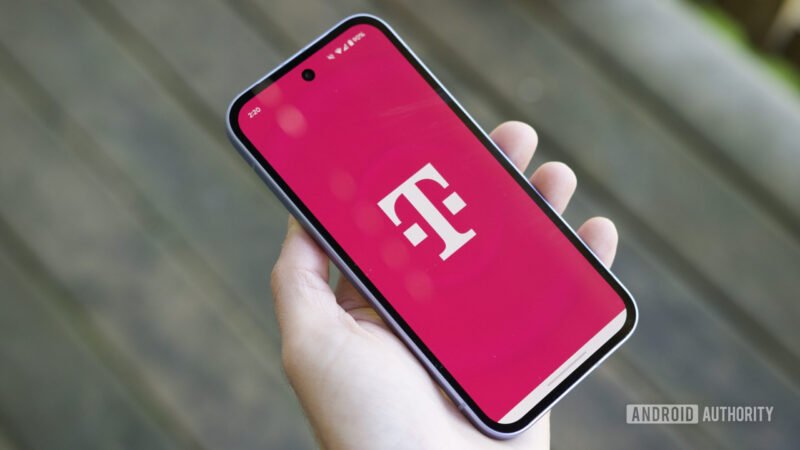Top Highlights
-
New 36-Month EIPs Considered: T-Mobile is reportedly considering rolling out 36-month Equipment Installment Plans (EIPs) for devices, marking a significant shift from its current two-month contract model.
-
Internal Reports & Website Glitch: An internal document and a temporary display of the new EIP terms on T-Mobile’s website for Galaxy Watch devices suggest that such a program might be imminent, though it may be limited to select devices.
-
Shift in Strategy: This potential change would align T-Mobile with Verizon and AT&T, who have already moved to longer payment plans, but could risk losing customer loyalty amidst recent regressive changes to their service offerings.
- Speculation on Timing and Scope: While it remains unclear when or how broadly this new EIP structure would be implemented, it has sparked consumer concerns and may reflect a larger trend in T-Mobile’s pricing strategy.
T-Mobile May Roll Out 36-Month Installment Plans
T-Mobile is considering a significant shift in its payment structure. Reports suggest the carrier plans to introduce 36-month Equipment Installment Plans (EIPs). Currently, T-Mobile offers a shorter, less restrictive two-year contract for new devices.
Internal documents hint at this change. Moreover, a few Galaxy Watch devices briefly displayed the new 36-month terms on T-Mobile’s website, although that information has since been removed. These signs indicate that T-Mobile is at least exploring this direction.
In contrast, both Verizon and AT&T have already moved to 36-month plans. For years, T-Mobile maintained its two-year option, appealing to customers who value flexibility. However, it now seems the Uncarrier may be shifting its strategy.
If the 36-month plans come to fruition, they may apply primarily to accessories like smartwatches and tablets. It is unclear whether smartphones will follow suit. While longer payment plans might ensure greater revenue consistency, they also risk alienating customers.
Some T-Mobile users might view this shift negatively. After all, the carrier has implemented several changes that customers consider regressive. Fees and taxes have begun to roll into newer plans, raising concerns about the company’s commitment to transparency.
Despite the uncertainty, the introduction of 36-month EIPs indicates a noteworthy change in T-Mobile’s operations. As cities evolve into smart urban centers, longer payment plans may help facilitate better technology adoption. By allowing customers to invest in smart devices over a longer period, T-Mobile could support broader access to innovation.
The timing of this potential rollout remains unclear. The recent changes in product pages and internal documents hint at a coordinated strategy, but T-Mobile may decide to delay to minimize backlash. For now, customers watch closely, weighing the potential shift’s implications for their loyalty to T-Mobile.
Stay Ahead with the Latest Tech Trends
Explore the future of technology with our detailed insights on Artificial Intelligence.
Stay inspired by the vast knowledge available on Wikipedia.
GadgetsV1

